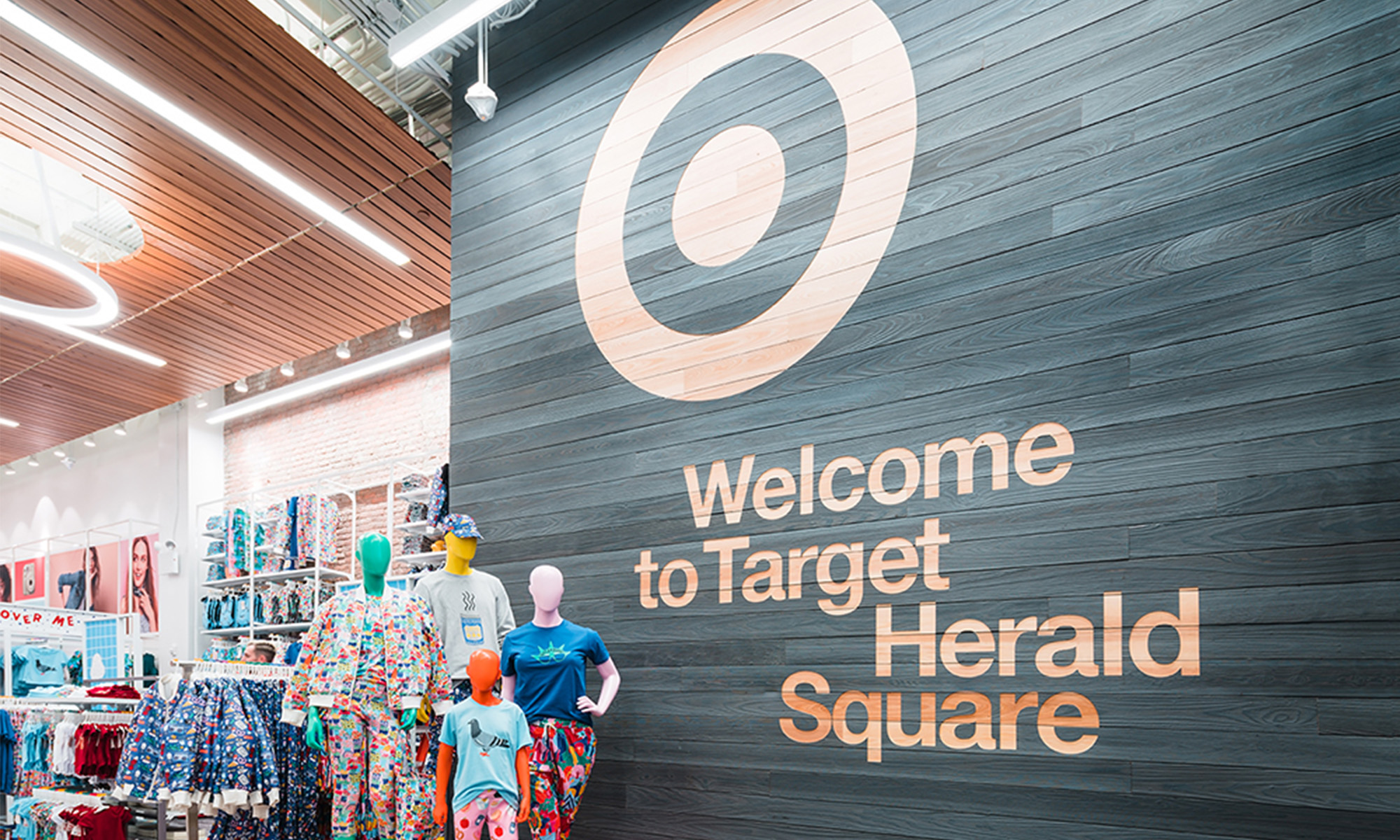For some retailers, the holiday shopping season did not pay off as they hoped. When the final tallies get reported, many struggling brands will have to admit that Christmas did not cure their ills. This was a year when the rich in retail got richer, and the poor took another big step toward bankruptcy.
As an investor, you'll want to put your money into a retailer that had a strong holiday season, but hasn't said much about it. That's not Amazon -- the online giant may have been retail's biggest winner, but it did not keep quiet about those gains. There's nothing wrong with bragging about success, but it generally means that any uptick in stock price happens well before the actual numbers come out.

Target had a strong holiday shopping season. Image source: Target.
Which company kept its retail gains quiet?
Target (TGT +0.66%) had a very strong holiday shopping season that validated its overall strategy. When the company reports fourth-quarter results, they will likely exceed its modest forecasts. That will produce a short-term bump in the chain's stock price. That alone would be a reason for some people to buy shares -- but that's not the most important one.
You should pick up Target shares in January because management's efforts to reposition the company have worked. Target has redesigned many of its stores, and has built its company around an omnichannel model.
That's clearly what consumers want. Shoppers demand the ability to order online and pick up in-store, or to be able to browse in a physical location then place an order on their phone for home delivery. Consumers clearly also like same-day and one-day delivery, as well as curbside pickup.
Target has invested in offering everything that the customer wants in terms of how people shop. The company has also created dozens of owned-and-operated brands that consumers can't get elsewhere. Some of these are collaborations with celebrities that drive traffic, while others are simply the company leveraging its in-person audience to build new consumer loyalties.
A model for long-term success
Target CEO Brian Cornell has built a business designed to compete with Amazon in the long-term. The retailer has delivery options that rival, if not equal, the online giant. It also has its base of stores, which give it certain advantages.
Amazon has actually struggled to create private label brands. That's partly because it has few opportunities to display its wares. Target can use its stores to expose customers to new labels. Once they see products they like, they can buy them, enjoy them, and become repeat customers.
Target had a strong holiday season, and that alone may be a reason to buy shares. In reality, though, one quarter should not sway your opinion on the brand. The retailer succeeded over the holidays for the same reasons that will drive its long-term success.
The company offers an array of products -- many unique to the brand -- that consumers want. It has also made it very convenient to shop for those products. That's a formula that worked in Q4, and should also continue to be successful for years to come.






